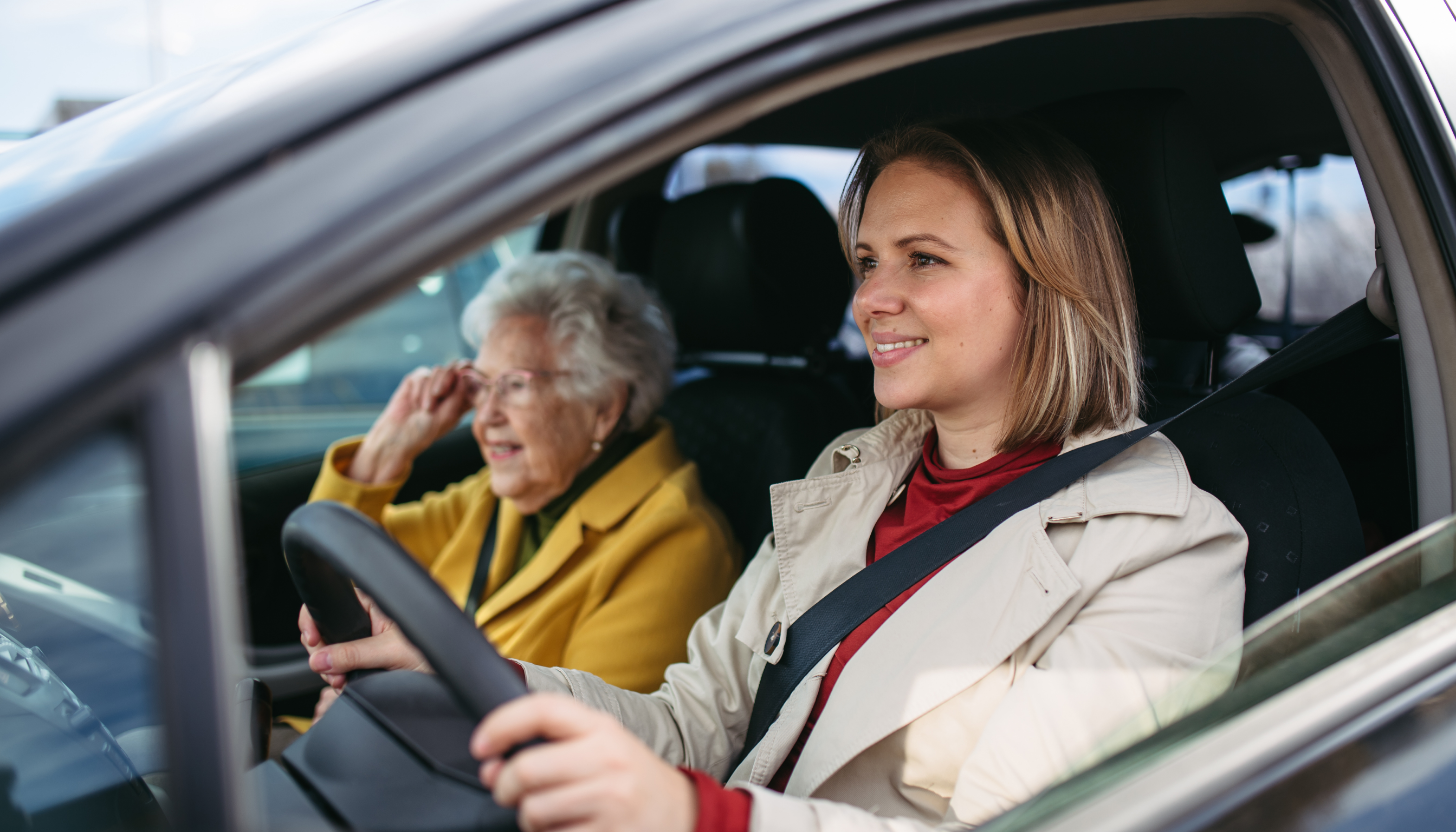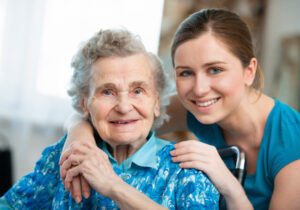A Compassionate Conversation for Families
Topic of the Day with Jacqueline DuPont Carlson, PhD, D Ed
Talking to a loved one about when it’s time to stop driving is one of the hardest conversations many families face. For many older adults, driving represents independence, freedom, and dignity. But as health conditions change and reaction times slow, families must carefully balance respect for autonomy with the need for safety. So, when is it time to stop driving? And how can you bring up such a sensitive topic with compassion and understanding? Listen to the video above to hear Dr. Jacqueline DuPont Carlson, PhD, EDD expert wisdom on the matter.
Recognizing the Signs
The question of when is it time to stop driving often comes up after small warning signs — a fender bender, confusion on the road, or difficulty using the pedals. Sometimes, physical conditions like tremors from Parkinson’s or the effects of dementia make driving risky. These situations not only endanger the driver but also others on the road.
When someone refuses to stop driving despite clear risks, it’s important to approach the conversation with empathy. Imagine how it would feel to give up such a core part of daily life. The goal is not to take away freedom but to ensure safety and peace of mind for everyone involved.
Approaching the Conversation with Empathy
Starting the discussion about when it’s time to stop driving requires sensitivity. One gentle way to begin is by focusing on the positives. For example, you might say:
“Mom, wouldn’t it be nice to have a caregiver or companion to drive you? You’d have company on the way to the movies or the casino, and you wouldn’t have to worry about traffic or parking.”
This reframes the topic from loss to benefit, showing that life can still be full and active even after choosing to stop driving.
Discussing Safety and Liability
Safety and liability are also important parts of this discussion. Some older adults may insist that they are perfectly capable behind the wheel. But as one example from the video showed, a diagnosis like Parkinson’s or dementia can make them legally more vulnerable in the event of an accident. Even a minor fender bender could result in serious legal consequences if a medical condition is involved.
Explaining this reality can help your loved one see that the decision to stop driving isn’t about control, it’s about protection.
Let Professionals Help
One effective strategy is to encourage a professional driving assessment. Many areas, including Orange County and Los Angeles, offer senior safety driving tests through hospitals or organizations like St. Jude or the “55 Alive” program. DMV also offers a Mature Driver Improvement program.
If your loved one passes the driving test, that’s reassuring. If not, it’s an objective reason to reconsider driving. As shared in the story about Dr. Jacqueline DuPont Carlson’s father, taking a driving test can make the decision clear. After failing his test, he chose to stop driving on his own to avoid becoming a liability.
Taking the Next Steps
If your loved one continues to resist, consider involving their doctor. Physicians can help assess driving safety and even report unsafe drivers when necessary. While this might feel difficult, it’s sometimes the only way to prevent harm.
Video Key Take Away
Addressing when is it time to stop driving is not about taking away independence, it’s about ensuring continued safety, dignity, and support. By involving professionals, offering companionship, and focusing on empathy, families can help their loved one’s transition with respect and care.
Is it time for your loved one to stop driving?
If you’ve noticed changes in their driving ability, Assured In Home Care can help make the transition easier. Our compassionate caregivers provide safe transportation, reliable companionship, and everyday assistance, helping seniors stay active and engaged.
Click here to connect with us today and learn how we can create a personalized care plan that promotes independence, health, and confidence for your loved one.




